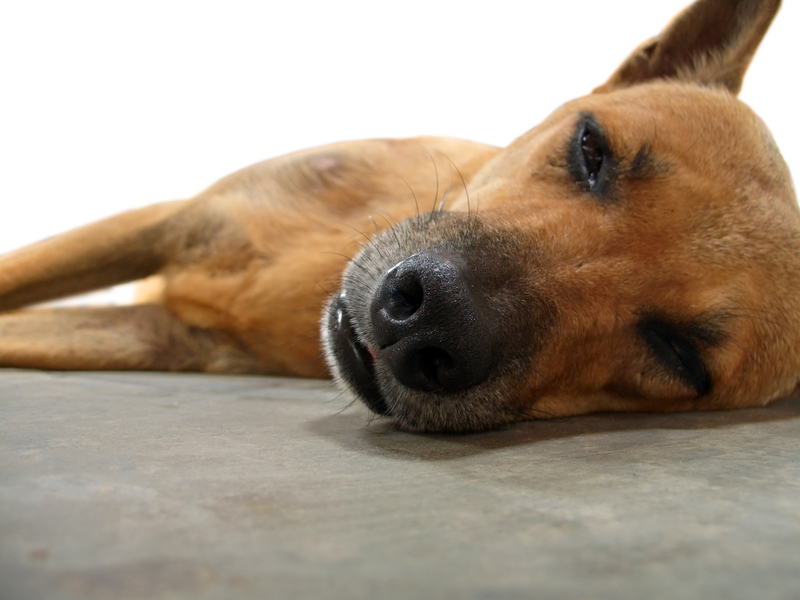While there are many health conditions that can be life-threatening for your dog, hypothyroidism is fairly easy to detect once you know the signs of it. The treatment also tends to be less expensive than other health issues so as long as it's caught early on, your doggy should get through it (with some extra love from you, of course)!
Hypothyroidism in dogs is a disorder where the thyroid gland in the neck doesn’t secrete enough thyroxine, a hormone that controls metabolism. This means that a dog’s body is no longer able to convert food into fuel at an appropriate rate.
Causes
- Airedale Terriers
- Boxers
- Cocker Spaniels
- Dachshunds
- Doberman Pinschers
- Golden and Labrador Retrievers
- Great Danes
- Greyhounds
- Irish Setters
- Miniature Schnauzers
- Old English Sheepdogs
- Poodles
- German Shepherd Dogs and mixed breeds are usually less susceptible. Spayed females seem to develop the condition more than un-spayed females.
Here are a few other causes of the condition in dogs.
- Immune disease (autoimmune thyroiditis)
- Atrophy of thyroid tissue
- Lack of exercise
- Tumor on the thyroid
- Exposure to medications such as steroids
- Adrenal disorder
Symptoms
- Depression or lethargy
- Changes in behavior
- Head tilting
- Hair loss
- Frequent naps
- Dry, discolored, or infected skin
- Weight gain, obesity, and muscle loss
- Cold intolerance
- Ear and toenail infections
- Slow heart rate
- Seizures
- High cholesterol
- Anemia
Treatments
Hypothyroidism is treatable in dogs with daily oral drugs. This treatment is ongoing for the rest of life once the condition is diagnosed. The drug that is usually given to dogs with hypothyroidism is a synthetic hormone called levothyroxine or L-thyroxine, and it is fairly inexpensive.
They may prescribe thyroid glandulars and the cofactors–tyrosine and iodine–to try and bring thyroid hormone production back to normal. They will strictly monitor your dog’s blood for signs of progress.
So, it turns out that hypothyroidism in dogs looks similar to hypothyroidism in humans. The good news is that if it's caught early, your doggy can get the help he needs and will be back to playing fetch and destroying shoes in no time!
Article Source: Dogtime









